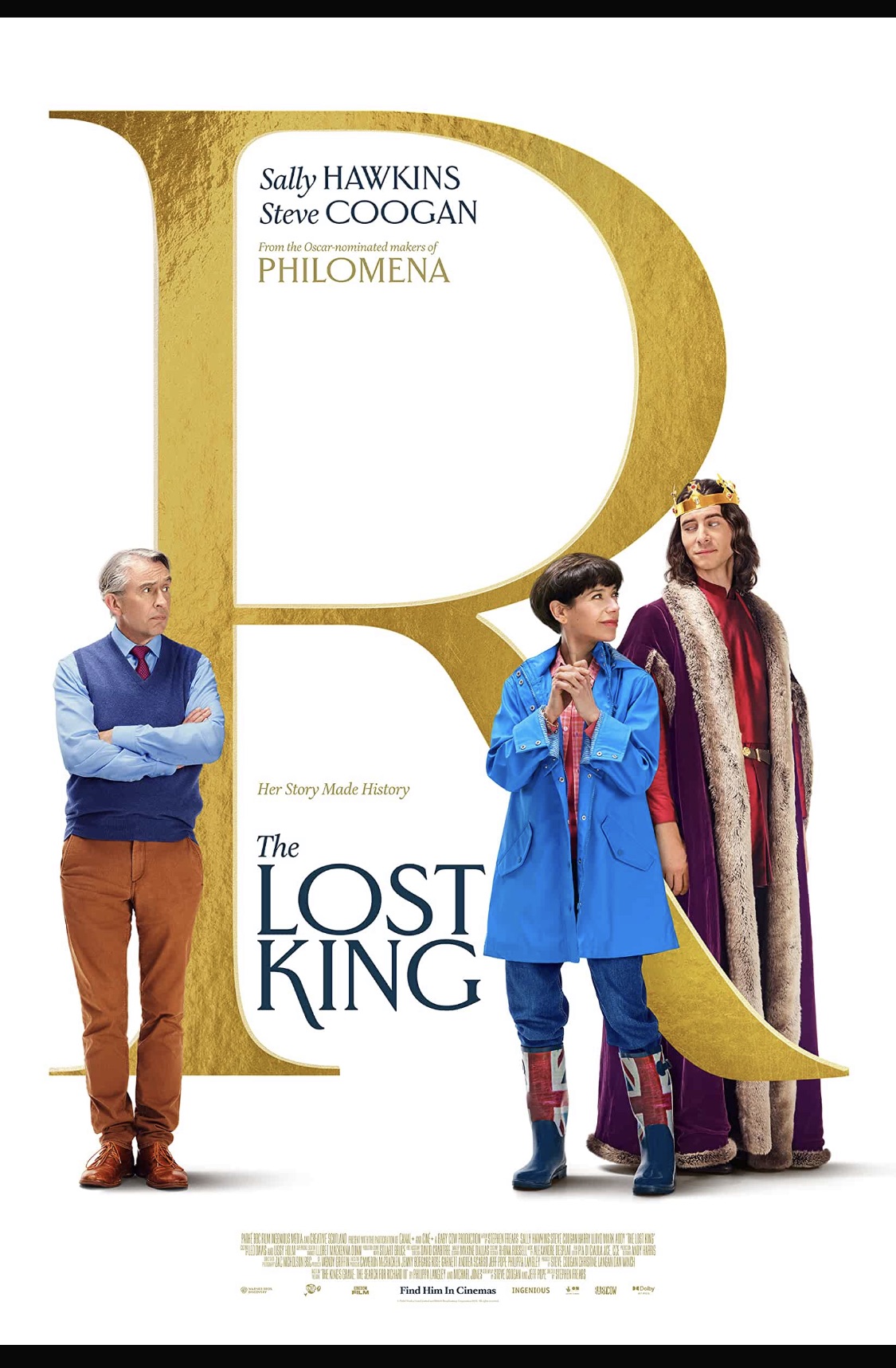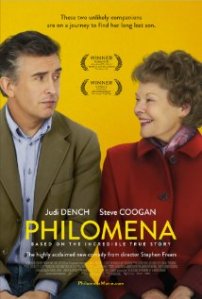 Greetings again from the darkness. Obsession often gets a bad rap. Sure, being obsessed with another person to the point of stalking is not just bad, but illegal. However, most hobbies are a form of obsession … you know, like watching movies! OK, that was a self-serving (weak) attempt at making a point, although obsession can lead to innovation and discovery. In fact, if an obsession does turn into something productive or exciting, it is often re-labeled as commitment. That’s pretty much the moral of the story when it comes to Phillipa Langley.
Greetings again from the darkness. Obsession often gets a bad rap. Sure, being obsessed with another person to the point of stalking is not just bad, but illegal. However, most hobbies are a form of obsession … you know, like watching movies! OK, that was a self-serving (weak) attempt at making a point, although obsession can lead to innovation and discovery. In fact, if an obsession does turn into something productive or exciting, it is often re-labeled as commitment. That’s pretty much the moral of the story when it comes to Phillipa Langley.
Ms. Langley wrote the 2013 book, “The Search for Richard III”, the basis for this screenplay by Steve Coogan and Jeff Cope, and this film by director Stephen Frears … all three whom collaborated on the Oscar nominated PHILOMENA (2013). Based on the true story, the always terrific Sally Hawkins stars as Phillipa Langley. Ageism has compromised Ms. Langley’s job, as has her Chronic Fatigue Syndrome (CFS), medically known as Myalgic Encephalomyelitis (ME). But Phillipa is no victim, and it’s a stage production of Shakespeare’s “Richard III” that sets her off on deep research into the life and death and after-death stories of the former and often disrespected King.
Shakespeare’s play is referred to as “historical”, but it’s Phillipa who reads all the books and attends the lectures, and even joins the Richard III Society. She quickly realizes many of the theories about the malformed usurper and his character and actions are not correct. She sets her mind to calculating his final resting spot; meaning she’s certain his corpse was not dumped unceremoniously into the river.
An interesting and entertaining aspect of the film is that Richard III (Harry Lloyd) “haunts” or follows Phillipa during her research. She sees him and talks to him, adding a new dimension to her obsessive behavior and the “feelings” she often possesses. After initial skepticism, Phillipa’s ex-husband John (played by co-writer Steve Coogan) begins to support her quest, as do their young sons. She searches not just for a body supposedly buried in the 15th century, she also searches for funding and partnerships. The city of Leicester offers to assist in cutting red tape, but funding is a bit more challenging, though she finally finds a supporter in archaeologist Richard Buckley (Mark Addy) who understands how to work the University grant system.
As an amateur historian-researcher-sleuth, Phillipa proves to be a stronger person than even she thinks herself to be. What unfolds for her is a textbook example of power plays and glory hogs as those who had once laughed at her theories, began to take credit for the accomplishment and bask in the publicity. Credit in the academic world is often more valued than knowledge or integrity, and yet Phillipa’s sense of accomplishment did ultimately lead to the Queen awarding her MBE (Member of the Most Excellent Order of the British Empire).
Director Frears has had a prestigious career with films including: THE QUEEN (2008), HIGH FIDELITY (2000), THE GRIFTERS (1990), and DANGEROUS LIASONS (1988). And Sally Hawkins consistently brings a realism and likability to her roles to the point that we simply believe her every move. Here she portrays a woman whose search for Richard allowed her to find herself. We will never view that “R” in a reserved car park the same way again.
Opens in theaters March 24, 2023



 Posted by David Ferguson
Posted by David Ferguson 


